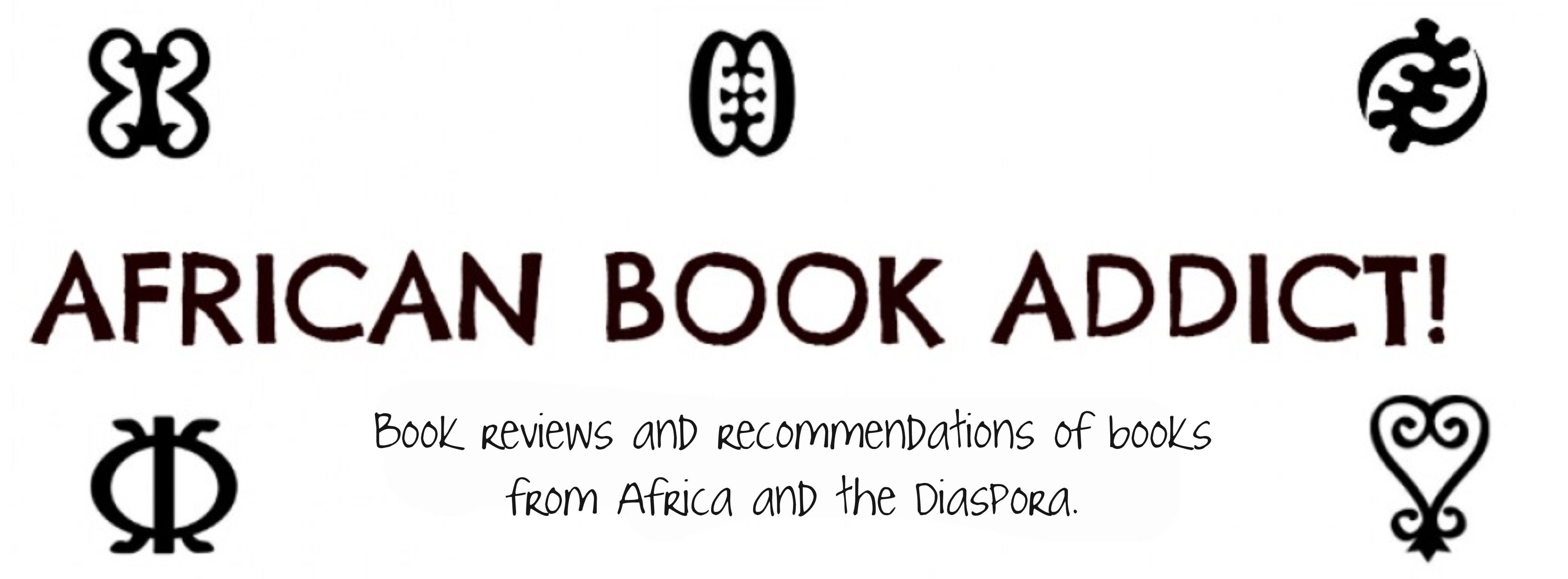Date Read: May 22nd 2018
Published: March 2018
Publisher: Harper Collins
Pages: 215

The Blurb
On the surface, Niru leads a charmed life. Raised by two attentive parents in Washington, D.C., he’s a top student and a track star at his prestigious private high school. Bound for Harvard in the fall, his prospects are bright. But Niru has a painful secret: he is queer—an abominable sin to his conservative Nigerian parents. No one knows except Meredith, his best friend, the daughter of prominent Washington insiders—and the one person who seems not to judge him.
When his father accidentally discovers Niru is gay, the fallout is brutal and swift. Coping with troubles of her own, however, Meredith finds that she has little left emotionally to offer him. As the two friends struggle to reconcile their desires against the expectations and institutions that seek to define them, they find themselves speeding toward a future more violent and senseless than they can imagine. Neither will escape unscathed.
In the tradition of Junot Diaz’s The Brief Wondrous Life of Oscar Wao and Chimamanda Ngozi Adichie’s Americanah, Speak No Evil explores what it means to be different in a fundamentally conformist society and how that difference plays out in our inner and outer struggles. It is a novel about the power of words and self-identification, about who gets to speak and who has the power to speak for other people. As heart-wrenching and timely as his breakout debut, Beasts of No Nation, Uzodinma Iweala’s second novel cuts to the core of our humanity and leaves us reeling in its wake.
◊◊
Review –★★★ (3 stars)
Speak No Evil wasn’t really a novel I was keen to read when I published the 2018 New Releases To Anticipate at the beginning of this year. Once the book was finally released in March, my interest grew after I watched a couple of BookTubers discuss the book, so I decided to buy a copy.
Hmmm, where do I even begin to share my thoughts on this book? For the first 60 pages of the novel, I was preoccupied with Uzodinma Iweala’s audacity to write a novel based on a young gay Nigerian-American (named Niru), who was Harvard-bound. A lot of Niru’s family life seemed to mirror some of Iweala’s real life, so I kept on wondering if Speak No Evil was a fictionalized take on his personal life? Iweala’s personal life is none of our business, but I was slightly distracted while reading because I assumed Iweala was a heterosexual and hence felt it wasn’t his place to write on LGBTQ experiences. I felt the same way about his debut, Beast of No Nation – what does he know about the plight of child soldiers? But hey… writers can write on whatever they desire, as long as it fosters important conversations, right?
What a stressful book this was! Speak No Evil isn’t just about an eighteen year old’s mental and emotional journey of coming out as gay – it’s also about what it means to be a 1st generation American of African heritage (I understood a lot of Niru’s ‘struggles’ with his Nigerian parents); it’s about being a typical teenager and feeling inadequate, thanks to familial pressures and parental scrutiny via sibling comparisons; it’s about how being a Christian and being gay mess with your mind and torture your psyche daily; it’s about what it means to be a young black boy in a high school full of privileged white kids who have the luxury to be flippant about everything; it’s about how white ‘allies’ are actually the enemy – Meredith (she’s Niru’s best friend who had the hots for him, even after he confided in her that he wasn’t attracted to girls); it’s about how white lies cost black lives via police brutality. I didn’t expect these tough themes to feature in this little book, so it all took me by surprise.
I don’t think Iweala did a great job of developing the characters in this novel. Niru’s brother- OJ, was mentioned about 500 times in the story, but he only made an appearance at the end. OJ’s character felt so empty, I wondered why he had to be part of the story. Throughout the novel, I couldn’t picture Niru or any of the other characters’ faces or physiques in my mind. Iweala concentrated more on thoroughly describing Niru’s upperclass lifestyle, his church environment, the surroundings of the impromptu trip to Nigeria, his high school, Meredith’s house. Perhaps it wasn’t Iweala’s intention to focus on character development, but it would have filled some of the void I felt while reading the novel.
The novel is divided into two parts. Part 1 focuses on Niru – his family life (his father was such a domineering, toxic man… but he meant well), school life with his track team and church. I enjoyed Part 1 immensely; I especially loved Niru’s short-lived love interest with Damian. Part 2 focuses on Niru’s best friend – Meredith, who embodies America’s idea of what a white ally is. I detested Part 2 of this book, mostly because I truly disliked Meredith. I’m still trying to figure out if it was Iweala’s intention to portray Meredith as an innocent white girl who was oblivious to the plight of black folks, or if the motive of Part 2 was to highlight Meredith’s rich, dysfunctional family life as a means to validate why she was a terrible friend who perpetuated the issues we (ie: Black women and Black people in general) have with white women in America.
All you people do, wherever you are in this world, is just bring death and destruction, you bring nothing good – Niru’s Dad to Meredith and her family (pg. 201)
This is definitely a good book, but I give it 3 stars because: 1) The latter part of the novel mirrors the current horrors we witness on social media via police brutality – which is DEEPLY upsetting to read; 2) I don’t know how I feel about Iweala writing on the gay experience. I know it’s important to separate the writer from their work, but I think I’d fully appreciate Niru’s coming out experience in this novel if I had some context on the writer’s life in that realm; 3) Meredith’s section of the book – Part 2, was truly annoying.
♦ [Part 2 of this novel actually reminded me of Season 4 of the show- Orange Is The New Black, when Poussey was killed by the daft, rookie prison guard. After Poussey’s death, the episode went on to highlight the prison guard’s family/background to prove how much of a hard worker and innocent man he was. It further trivialized the prison guard’s actions and devalued black lives, especially as he wasn’t charged for the crime]. ♦
My main take-away from Speak No Evil is that we need to stop making excuses for white people and the harm they cause us black folks. WHITE LIES COST BLACK LIVES (as seen on page 196).
★★★ (3 stars) – Good book. I recommend it, I guess.

Purchase Speak No Evil on Amazon
